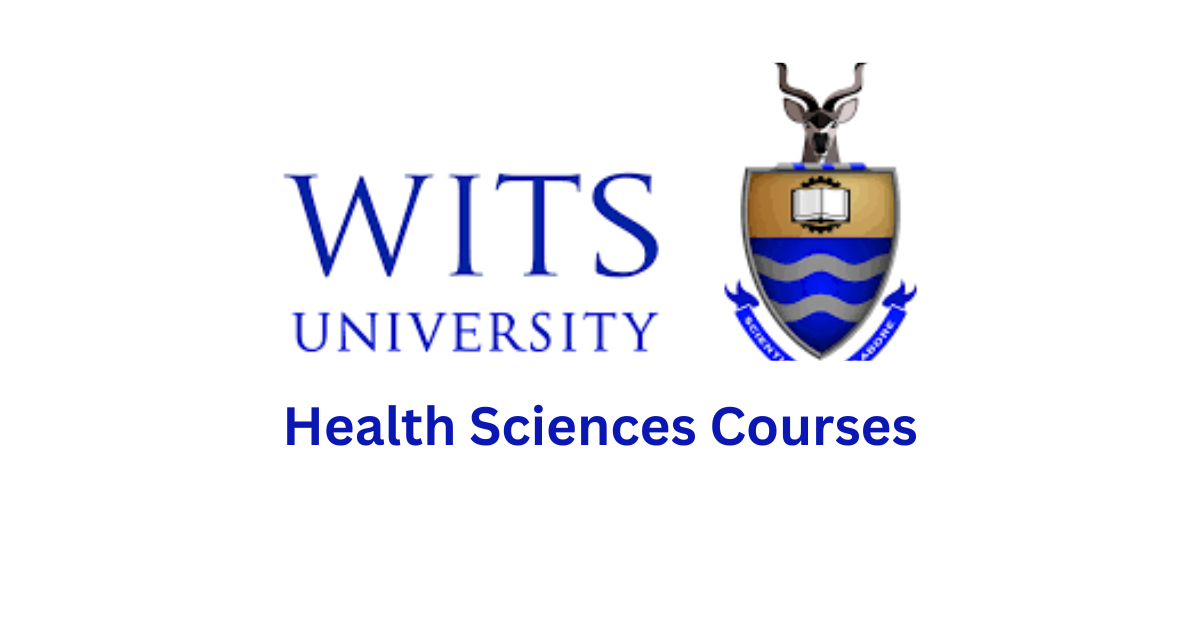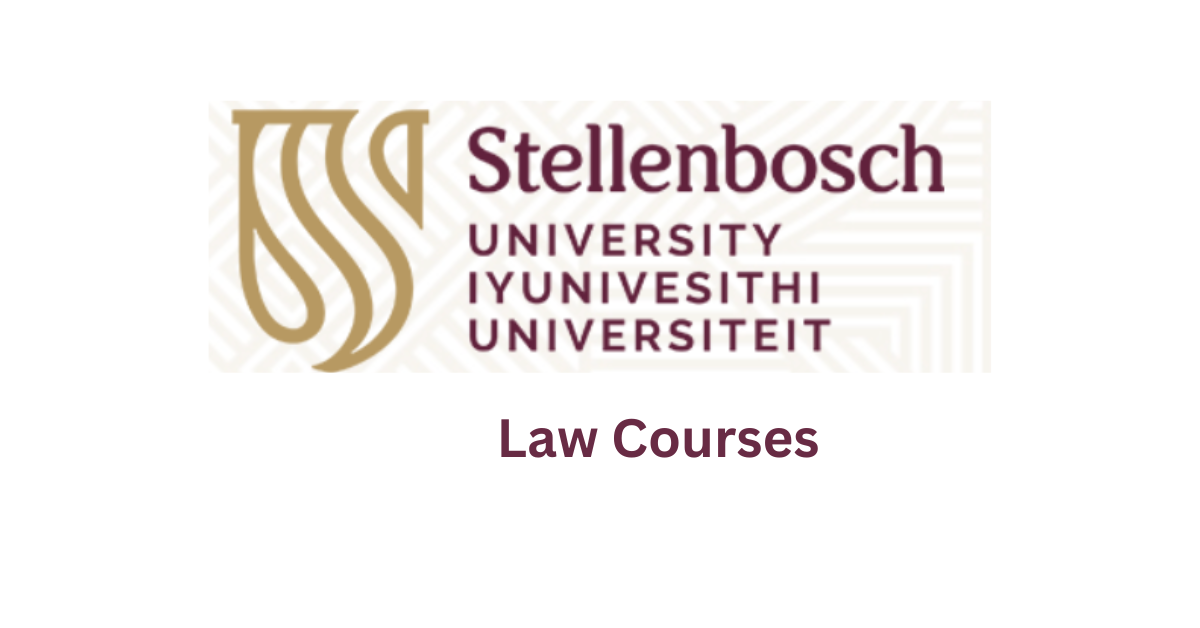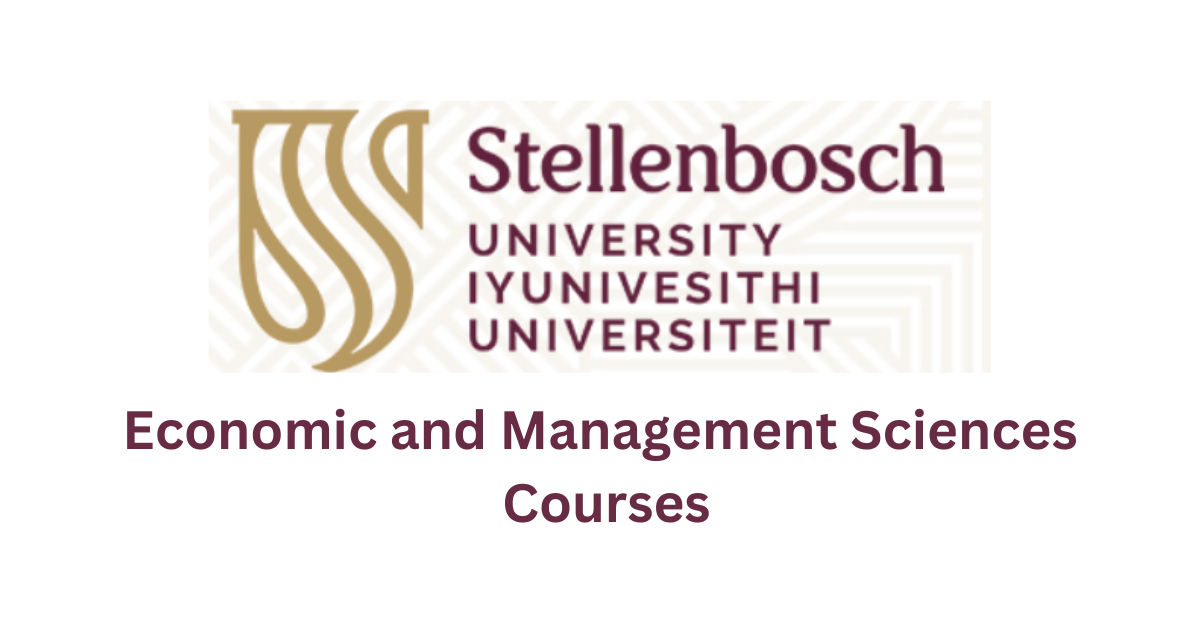Stellenbosch University, nestled in South Africa’s scenic Western Cape, is a global leader in academic excellence and research innovation. Among its prestigious faculties, the Faculty of Science stands out as a hub for exploration, discovery, and knowledge creation. Offering a diverse range of courses, the Faculty of Science equips students to solve real-world challenges in fields ranging from biodiversity to quantum mechanics.
This article delves into the Faculty of Science at Stellenbosch University, outlining the categories of courses, qualifications offered, course requirements, and the application process.
How to Apply
The application process for science courses at Stellenbosch University is structured to accommodate local and international students.
1. Research the Programme
Start by exploring the faculty’s offerings on Stellenbosch University’s official website. Understand the course content, career prospects, and specific admission requirements.
2. Prepare Your Documents
Applicants should gather the following:
- Certified copies of academic transcripts and certificates.
- Proof of identification (passport for international applicants).
- Motivation letter or personal statement.
- Research proposal (for postgraduate research programs).
- Proof of language proficiency (e.g., TOEFL or IELTS), if applicable.
3. Submit Your Application Online
Applications are submitted through the Stellenbosch University application portal:
- Register and create a profile.
- Complete the application form and upload all required documents.
- Pay the application fee, if applicable.
- Apply before the deadline.
4. Selection and Admission
The university evaluates applications based on academic merit, research potential, and other program-specific criteria. Shortlisted applicants for competitive programs may be invited for interviews or aptitude tests.
5. Acceptance and Registration
Successful candidates will receive an offer letter with details about regist
Categories of Courses
The Faculty of Science at Stellenbosch University offers a dynamic array of programs designed to meet the needs of both undergraduate and postgraduate students. These courses blend theoretical foundations with practical applications, preparing graduates to excel in research, industry, and beyond.
1. Undergraduate Programmes
Undergraduate degrees in science lay the groundwork for careers in science, technology, engineering, and mathematics (STEM). Some of the key programs include:
- BSc in Biological Sciences: Focuses on the study of living organisms, ecosystems, and conservation biology.
- BSc in Chemistry and Polymer Science: Offers a strong foundation in chemical principles, with applications in materials science and industry.
- BSc in Physics: Covers fundamental and applied physics, including areas like quantum mechanics, astrophysics, and medical physics.
- BSc in Mathematical Sciences: Provides expertise in pure and applied mathematics, data science, and computational modeling.
- BSc in Earth Sciences: Explores geology, geophysics, and environmental sciences, preparing students for careers in resource management and environmental consultancy.
2. Postgraduate Programmes
Postgraduate courses allow students to specialize further, contribute to cutting-edge research, and develop advanced skills.
- Honours Programmes: Provide in-depth knowledge and research training in fields such as Biochemistry, Botany, or Physics.
- Master’s Degrees (MSc): Research- or coursework-based programs offering specialization in areas like Applied Mathematics, Bioinformatics, and Environmental Science.
- Doctoral Degrees (PhD): Enable students to undertake original research that contributes significantly to their chosen field of science.
3. Interdisciplinary Programmes
Stellenbosch University fosters interdisciplinary collaboration, offering courses that integrate multiple scientific disciplines:
- BSc in Biomedical Sciences: Combines biology, chemistry, and medical science.
- Data Science Programmes: Focusing on big data analysis, artificial intelligence, and computational science.
- Climate Change and Sustainability Studies: Addresses global environmental challenges through a multidisciplinary approach.
Qualifications
The Faculty of Science offers a range of qualifications tailored to meet diverse academic and professional needs:
1. Undergraduate Qualifications
- Bachelor of Science (BSc): A versatile degree with specializations in various scientific disciplines, designed to prepare students for entry-level roles in industry or further studies.
2. Postgraduate Qualifications
- Honors Degree (BSc Hons): A one-year program aimed at providing deeper expertise and introducing students to research methodologies.
- Master of Science (MSc): Available in both coursework and research formats, focusing on specialised knowledge and advanced problem-solving skills.
- Doctor of Philosophy (PhD): A research-intensive qualification aimed at advancing knowledge and innovation in specific scientific fields.
Course Requirements
Stellenbosch University maintains high admission standards to ensure students are well-prepared for the academic rigor of its science programs.
1. Undergraduate Admission Requirements
- National Senior Certificate (NSC): Applicants must have a matriculation certificate with strong results in key subjects.
- Subjects and Scores:
- Mathematics: A minimum of 70% is typically required.
- Physical Sciences: At least 60% for most programs.
- Life Sciences: Recommended for biology-focused degrees.
- Minimum APS Score: Admission Point Score thresholds vary by program, with competitive courses requiring higher scores.
- Language Proficiency: Proficiency in English and/or Afrikaans is necessary, as these are the primary languages of instruction.
2. Postgraduate Admission Requirements
- Relevant Undergraduate Degree: Applicants must have a BSc or equivalent qualification in a related field.
- Academic Performance: Honours programs typically require an average of at least 65% in the major subjects.
- Research Proposal: For MSc and PhD programs, a detailed research proposal aligned with faculty research priorities is essential.
- Professional Experience: Some programs may consider work experience or prior research output as part of the admission criteria.
ration, orientation, and tuition payments.
Why Choose Stellenbosch University for Science?
1. World-Class Facilities
The Faculty of Science boasts state-of-the-art laboratories, computational resources, and access to fieldwork sites, providing students with hands-on learning experiences.
2. Renowned Faculty
Courses are taught by leading academics and researchers, many of whom are internationally recognized for their contributions to science.
3. Focus on Research
Stellenbosch University is a hub for scientific research, offering students opportunities to contribute to groundbreaking projects in areas like genomics, nanotechnology, and climate science.
4. Interdisciplinary Collaboration
The faculty encourages interdisciplinary approaches, preparing students to tackle complex global challenges that require a holistic understanding of science and society.
5. Global Recognition
A degree from Stellenbosch University is highly regarded both in South Africa and internationally, opening doors to diverse career opportunities.
6. Supportive Environment
The university provides comprehensive academic support, career guidance, and wellness services to help students succeed.
Conclusion
Stellenbosch University’s Faculty of Science is an excellent choice for those passionate about understanding the natural world and driving innovation. Whether you aspire to a career in academia, industry, or public service, the faculty offers a strong foundation and countless opportunities for growth.
For more information or to start your application journey, visit the official Stellenbosch University website.



